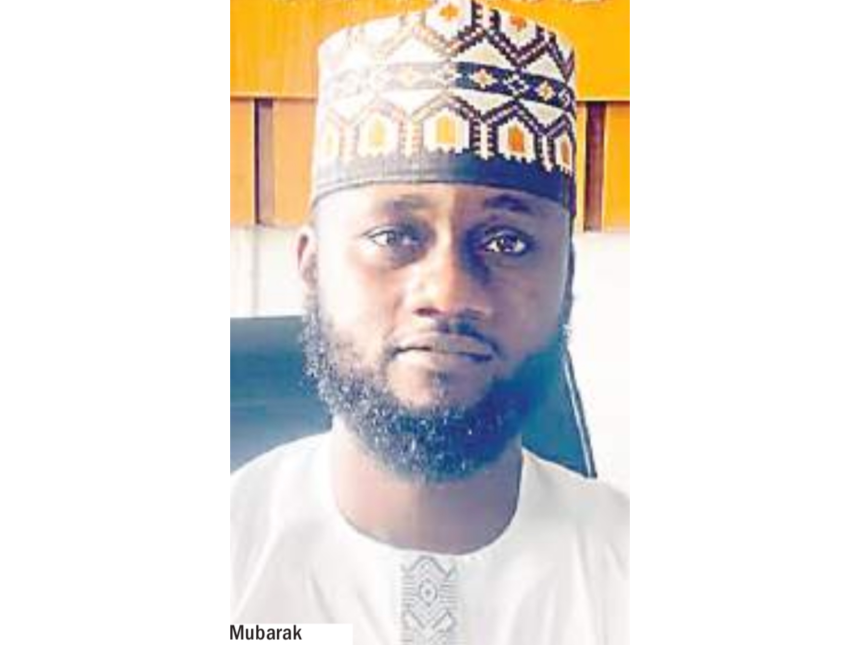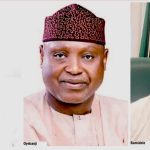The African Democratic Congress (ADC) recently emerged as a coalition of opposition leaders with the goal of unseating President Bola Tinubu. In this interview with PHILIP IBITOYE, Mubarak Sulaiman Jamiu, a Political Science lecturer at the Kwara State University (KWASU), warned that unresolved ambitions between Atiku Abubakar, Peter Obi, and other opposition leaders could derail the ADC’s chances.
Looking at the history of coalitions, does the ADC have the key ingredients to be successful?
Historically, coalitions in Nigeria have shown that success is possible under the right conditions. Politicians have the constitutional right to defect to any party in pursuit of their ambitions, and every political party is essentially a gathering of individuals with shared goals. However, in the case of the ADC, the coalition appears to consist of individuals with conflicting political interests.
More importantly, the coalition lacks the political structure and grassroots presence at state and local levels that are necessary to challenge an incumbent president — especially someone like President Tinubu, who possesses strong political will, strategic calculation, and significant political capital. In other words, the ADC coalition currently lacks the essential components needed to mount a credible challenge in the 2027 election.
What lessons can the ADC coalition learn from the formation of the APC in 2013?
The APC coalition in 2013 succeeded partly because it was led by individuals who, at the time, were perceived to have clean records and genuine intentions. They earned public trust and were widely seen as a rescue team for a country in distress.
In contrast, the ADC coalition seems to include figures with questionable integrity and limited political cohesion. Many of its leading members are strong-willed individuals who may find it difficult to compromise or submit to a unified leadership. For example, both Atiku Abubakar and Peter Obi have presidential ambitions. The real question is how they will resolve these competing interests within such a fragmented set-up.
How important is the presence of sitting governors or legislators to the viability of a new coalition like the ADC’s?
In my opinion, the absence of sitting governors or legislators in the ADC coalition does not automatically mean it cannot succeed. However, the coalition is largely made up of what one might call “recycled, frustrated politicians” — though they are individuals with deep experience in Nigerian politics. If properly organised and equipped with the right strategy and resources, they could potentially pose a challenge to the incumbent. We saw a similar scenario in 2015 when a coalition succeeded in unseating the ruling party in some regions.
Can a coalition without elected officeholders realistically mount a national campaign in Nigeria’s current political climate?
In today’s Nigeria, political campaigns are still heavily tied to patronage and “stomach infrastructure.” The critical question is: who will fund such a campaign? In most cases, former office-holders with accumulated wealth — legitimately or otherwise — are the major financiers of political campaigns.
Additional funding often comes from individuals or groups who either believe in the candidate’s vision or expect to benefit personally from their victory. Without these backers, it is difficult to sustain a serious national campaign.
What strategic moves must the ADC coalition make to attract influential defectors or build momentum before 2027?
There is no denying that figures like Atiku Abubakar and Peter Obi are strong candidates, with the potential to appeal to both northern and southern voters. However, to make a real impact, the ADC coalition should consider strategic steps like investing heavily in grassroots mobilisation to increase visibility and public trust, ensuring the coalition is inclusive of young people and allowing them meaningful participation, promoting the active involvement of women and offering equal opportunities within the coalition, and prioritising internal reconciliation and resolving any lingering differences quickly, so attention can be fully directed towards the political contest ahead.
WATCH TOP VIDEOS FROM NIGERIAN TRIBUNE TV
- Let’s Talk About SELF-AWARENESS
- Is Your Confidence Mistaken for Pride? Let’s talk about it
- Is Etiquette About Perfection…Or Just Not Being Rude?
- Top Psychologist Reveal 3 Signs You’re Struggling With Imposter Syndrome
- Do You Pick Up Work-Related Calls at Midnight or Never? Let’s Talk About Boundaries






